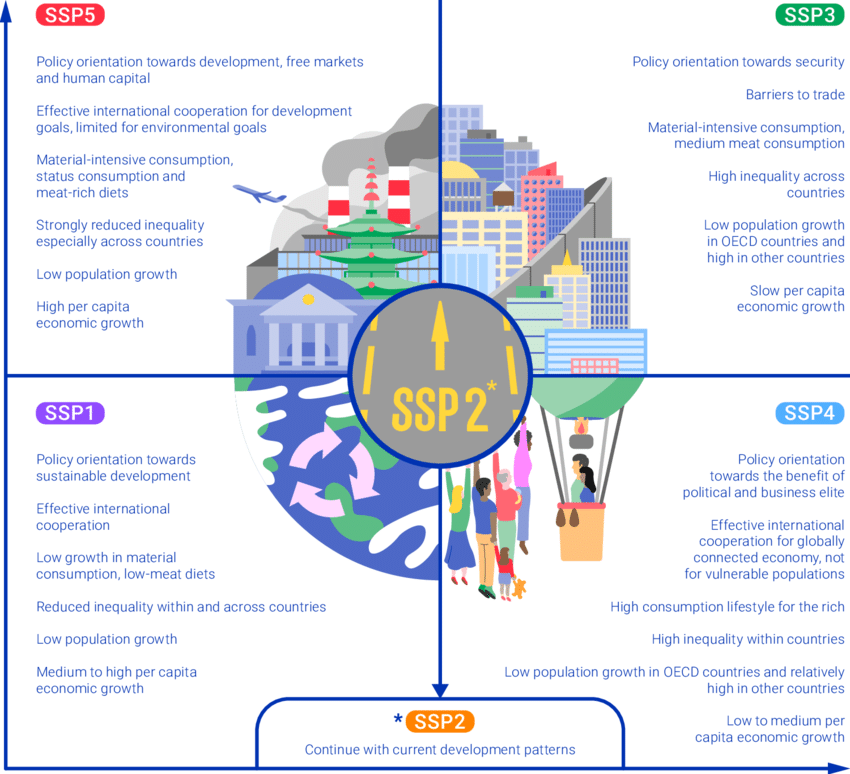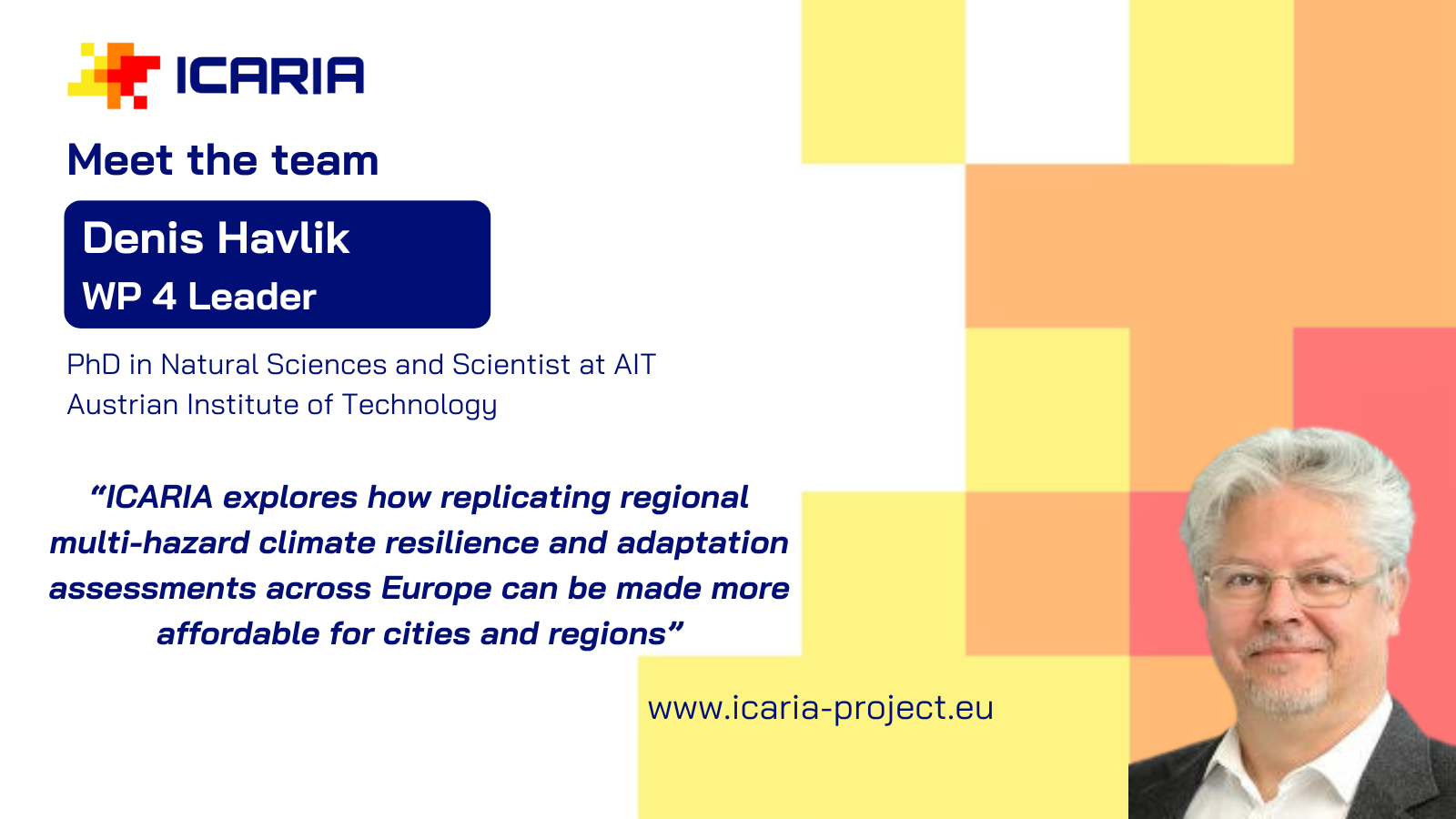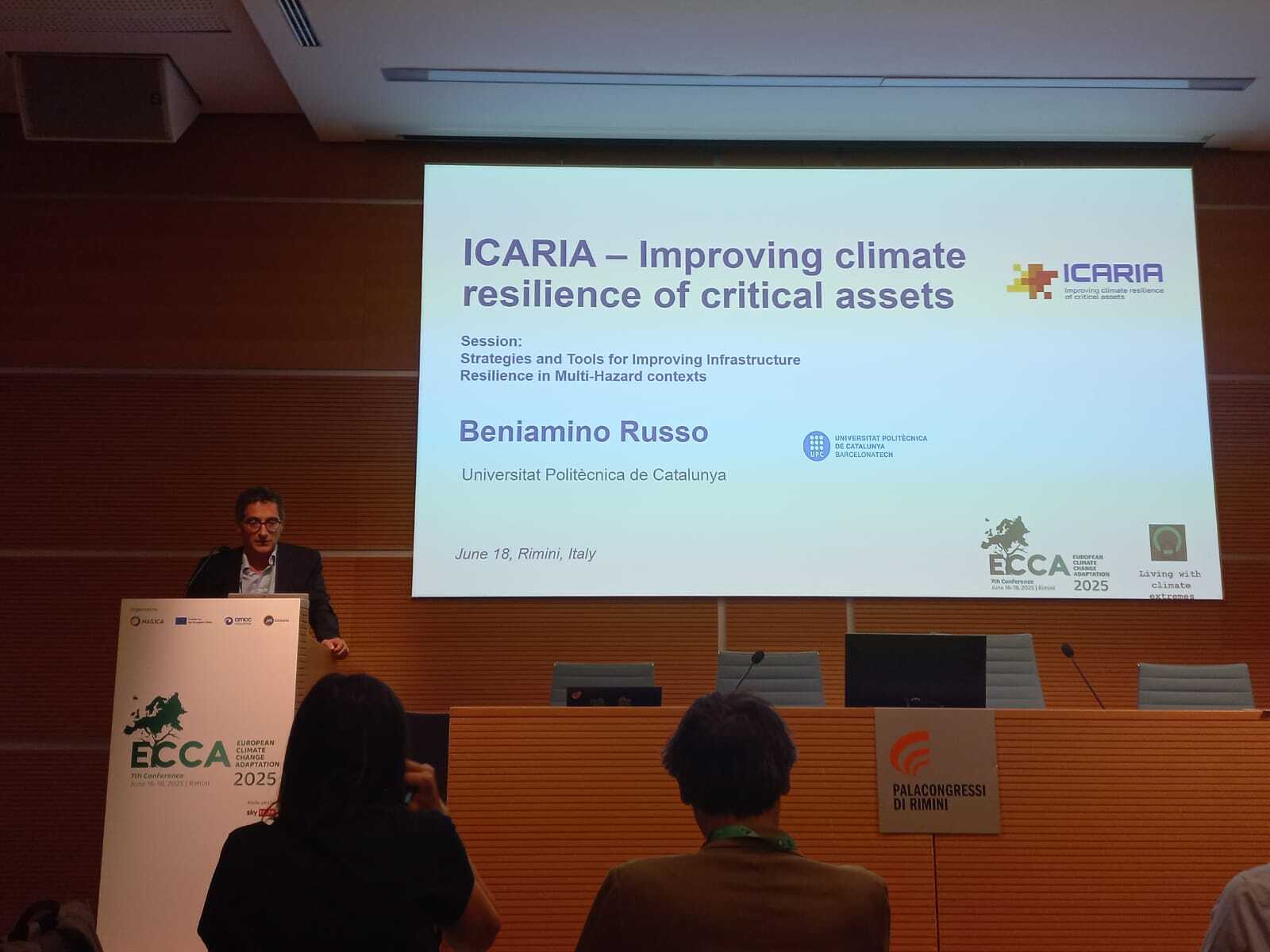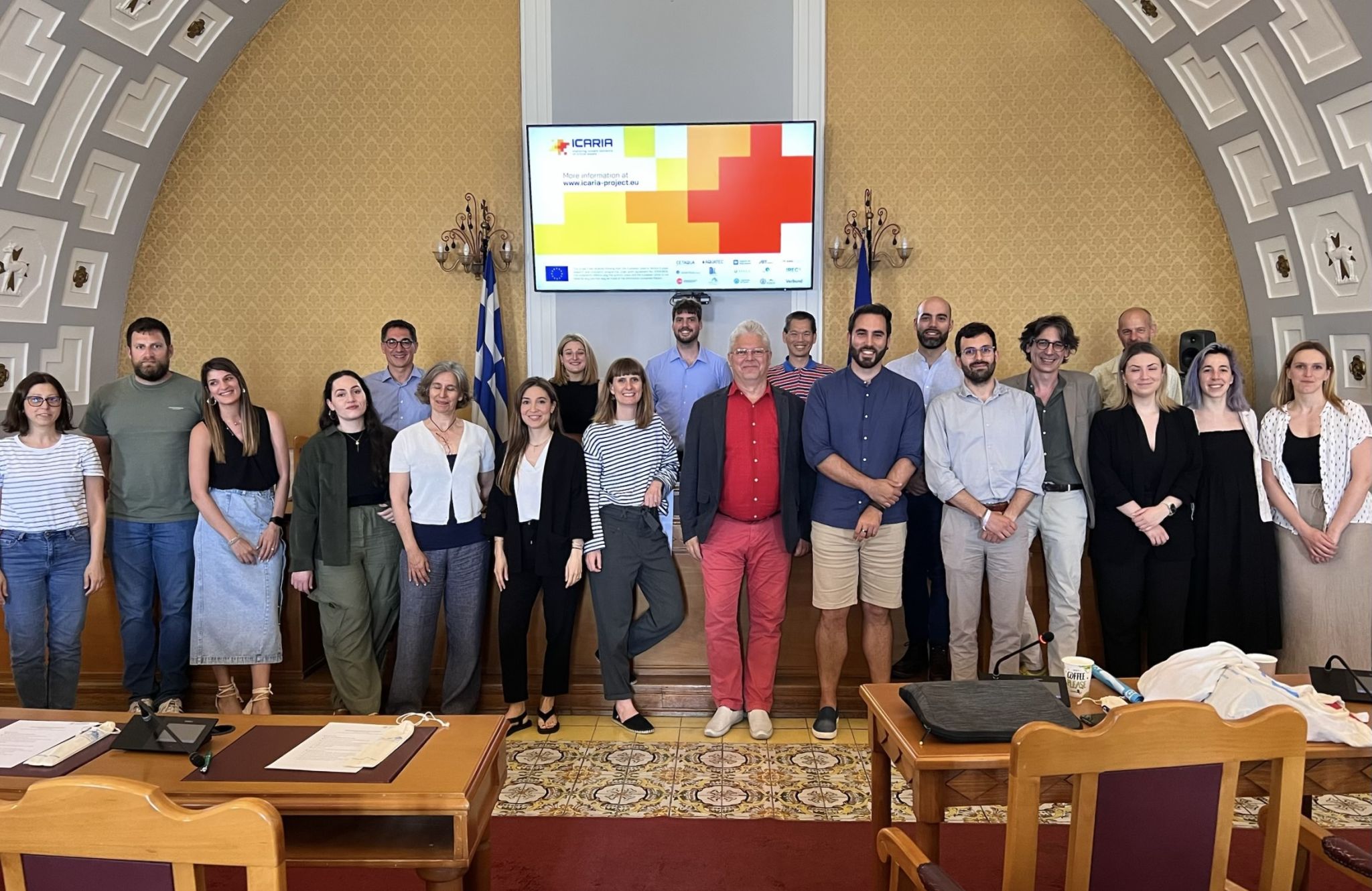
#3 | ICARIA at the forefront of climate projections
By César Paradinas (FIClima)
Understanding future climate trends starts with having the right climate information, which serves as the foundation for making informed decisions. In this regard, ICARIA (Improving ClimAte Resilience of crItical Assets) is leading the charge, working tirelessly to enhance the resilience of crucial assets by tapping into the latest climate data available.
State-of-the-art modelling: Coupled Model Intercomparison Project 6
Climate science is constantly changing and evolving as computing power improves and climate scientists learn more and more about how the climate system works. The Intergovernmental Panel on Climate Change (IPCC), the United Nations body for assessing the science related to climate change, serves as a linchpin in coordinating global efforts, culminating in reports such as the Sixth Assessment Report (AR6), endorsed by leading experts and governments worldwide.
At the core of AR6 lies the Coupled Model Intercomparison Project (CMIP), a collaborative effort aimed at refining climate models and projecting future climate scenarios. CMIP6, the latest iteration, represents a significant step forward, incorporating state-of-the-art Earth System Models (ESMs), which integrate environmental variables for understanding our planet, and introducing new emissions scenarios tailored to the evolving landscape of climate adaptation and mitigation.
Possible future scenarios: The Shared Socioeconomic Pathways
Climate models use approximations to estimate the amount of greenhouse gases (GHG) in the atmosphere in the future to project different potential climate scenarios. The last CMIP5 used Representative Concentration Pathways (RCPs), which worked with the “amount of heat added” to the atmosphere by a given concentration of GHGs in the future. However, this has become outdated as it has become clear that policy doesn’t often follow scientific guidance, and that different socio-economic and cultural realities around the world require a new and more realistic approach.

Figure 1. Shared Socioeconomic Pathways. Source: figure adapted from O’Neill et al., 2017.
This latest CMIP6 has revamped the consideration of future GHG concentration scenarios using the Shared Socioeconomic Pathways (SSPs). The SSP approach represents a step forward from the RCPs in that it provides a “story” of how society may evolve under the emissions scenarios. The SSPs are scenarios of global socio-economic change projected to 2100 that describe alternative socio-economic developments. From a total of 4 main SSPs, each of them describes a potential evolutionary trajectory for humanity in terms of different pathways such as the radiative forcing -that is to say, the change in energy balance in the Earth’s atmosphere due to factors such as GHG- induced by the mitigation policies adopted, the adaptation strategies pursued, the social concept of human development (peace, war, sustainability, fossil fuel extraction, economic inequality…), etc. These potential pathways will define how the climate will behave in the future.
ICARIA’s contribution: Harnessing SSPs
ICARIA aligns with the state-of-the-art in climate science provided by CMIP6 models and integrates the latest SSPs into its framework. By doing so, ICARIA ensures access to high-resolution future climate projections, setting the stage for informed decision-making in risk assessment and adaptation planning. In conclusion, ICARIA’s commitment to leveraging CMIP6 and SSPs underscores its dedication to staying at the forefront of climate projections. By harnessing the latest advancements in climate science, ICARIA equips stakeholders with the tools needed to navigate the complex challenges posed by climate change effectively.
More news

Meet the team: Denis Havlik
Denis Havlik is a Scientist at AIT Austrian Institute of Technology and the leader of Work Package 4-Case studies: implementation,... View Article

ICARIA presented to the scientific community and European regions at the 7th ECCA Conference
Beniamino Russo, ICARIA’s Coordinator, and Àlex de la Cruz, the Project Manager, participated in the 7th European Climate Change Adaptation Conference... View Article

ICARIA celebrates its 2nd Plenary Meeting to share the progress of the project
ICARIA held its second Plenary Meeting in Rhodes on 26th–27th May, bringing together all project partners to review progress and... View Article

